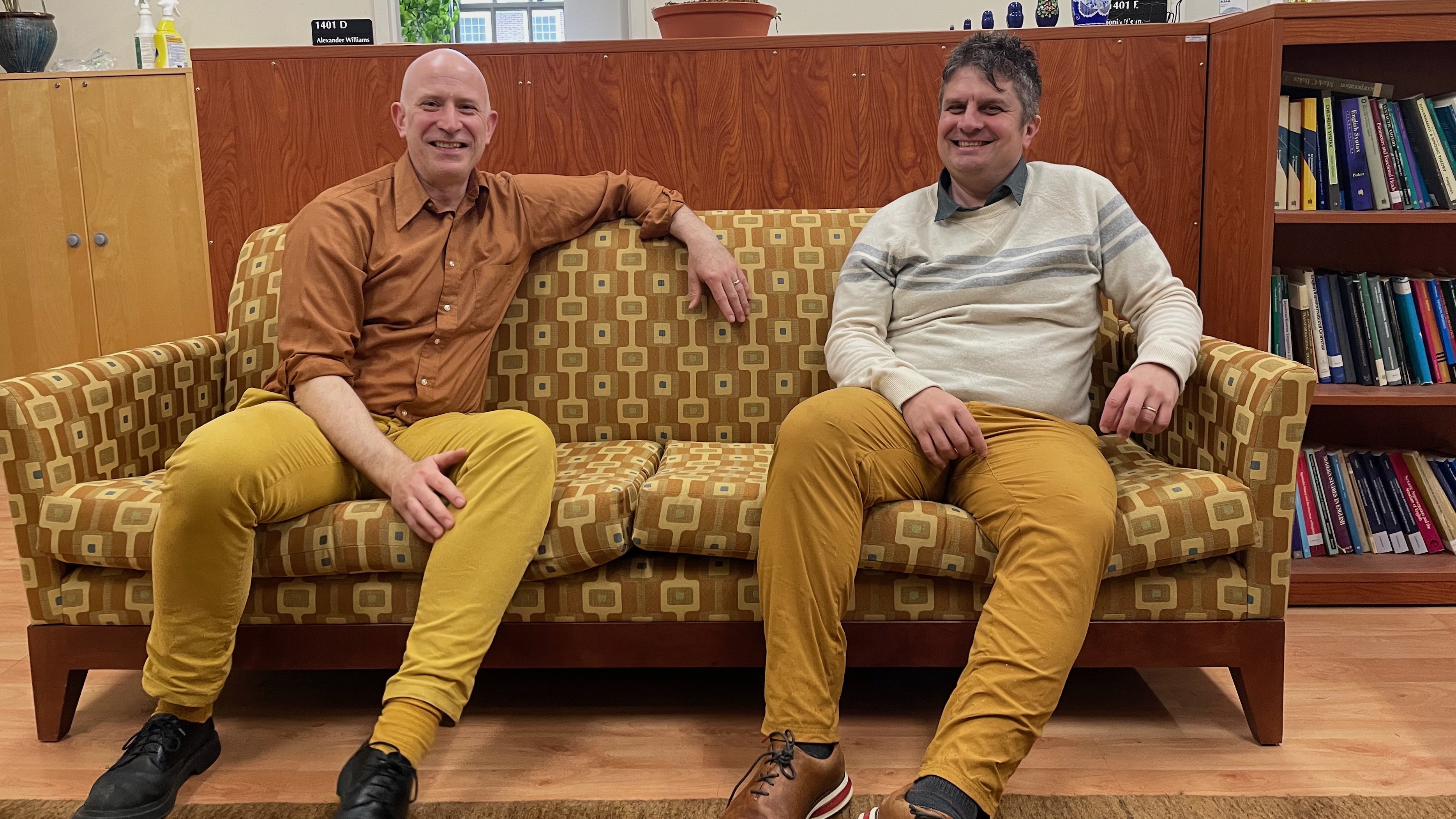WiP - Fabrizio Cariani / Temporal symmetries of inquiry

WiP - Fabrizio Cariani / Temporal symmetries of inquiry
Wednesday October 16, the Work-in-Progress series has Fabrizio Cariani, presenting new joint work with Nate Lauffer, on whether you can lose knowledge with the passage of time, or instead just change the basis of its confirmation. The abstract is below.
Temporal Symmetries of Inquiry (joint work with Nate Lauffer)
Dilip Ninan has recently argued that we can lose knowledge in certain propositions when they transition from being claims about the future (e.g. it will rain) to claims about the past (e.g. it rained). One of Ninan's arguments involves an alleged asymmetry of legitimate inquiry. In this argument, Ninan seeks to establish that the relevant pieces of knowledge are lost, by noting that there are inquiries that we can treat as closed when they are about the future, but reopen when they become about the past. I argue that Ninan is incorrect both in the diagnosis of the specific cases, and in the general morals he draws. At the same time, I argue that these cases do have important implications for formulating principles relating knowledge to action and inquiry: when propositions become about the past it becomes possible to confirm them.

